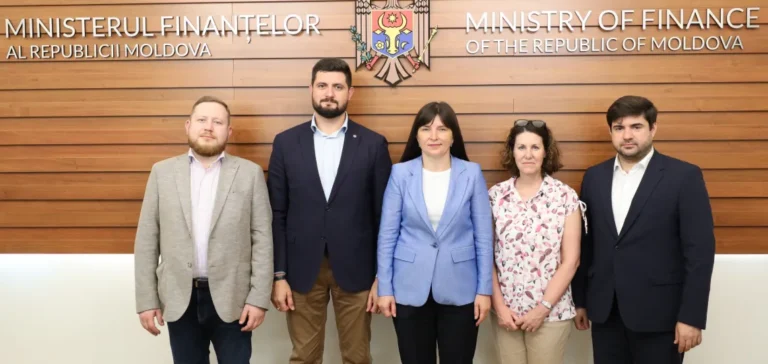Moldova, a landlocked country with no significant domestic energy resources or gas storage capacity, has secured a strategic loan from the European Bank for Reconstruction and Development (EBRD) totaling €400 million. This financing, allocated to the state-owned Moldovan company JSC Energocom, primarily aims to guarantee national energy security by enabling the advanced purchase of natural gas and electricity from European suppliers. Historically reliant on Russian gas transported via Ukraine, Moldova has been increasing its energy diversification since the outbreak of the Russo-Ukrainian conflict to reduce its energy dependency on Moscow. Natural gas currently accounts for approximately 31% of Moldova’s energy mix, with 70% of it used by households and district heating systems.
Loan Terms and Conditions
The financing provided by the EBRD includes a €300 million revolving credit line for working capital needed for energy purchases. It is accompanied by a €100 million guarantee facility issued by the EBRD on behalf of Energocom to eligible European suppliers. The entire loan is backed by a Moldovan state guarantee to ensure the national energy supply. This financial arrangement follows previous funding from the EBRD, including a previous revolving loan of €500 million, which included a €34 million grant from the Norwegian government. This series of loans enabled Moldova to achieve 100% of its gas imports from European traders by 2023, up from just 5% in 2021.
Strategic Infrastructure and Diversification
This new operation comes after the successful commissioning of the Ungheni-Chisinau gas pipeline in 2021, a major infrastructure project co-financed by the EBRD, connecting Moldova to Romania. This strategic connection has enabled rapid diversification of Moldova’s gas supply, facilitating the shift from Russian energy hubs to those of the European Union (EU). Additionally, Energocom will now be able to acquire electricity directly from European markets through this extended financing, starting in 2025, providing another lever to stabilize its national supply. The securing of Moldova’s energy supplies is also aligned with the country’s potential EU membership, as it continues to comply with EU energy standards, particularly through the implementation of the EU’s Third Energy Package.
Energy Sector Reforms and Competitiveness
Through this financing, the EBRD continues to support active reforms in Moldova’s energy sector, particularly through the implementation of the Moldovan Energy Sector Action Plan (ENERSAP 2.0). This plan includes mechanisms such as Contracts for Difference (CfD), aimed at fostering the development of competitive markets in gas, electricity, and renewable energy sectors. To date, the EBRD remains one of Moldova’s leading institutional investors, having invested over €2.5 billion in the country through 183 projects across its territory.






















